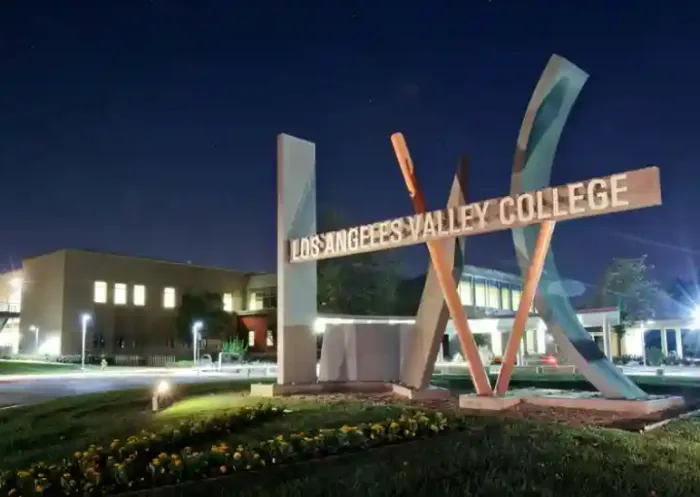The Value Of Junior College

When I graduated from high school a long long time ago, college was not such a big deal.
I had an idea of who was going where, but no one really cared. Within my circle of friends, I knew where a dozen people were headed after high school.
Tom is headed to Cal, Tina to Texas A&M, Todd to UCLA, Jaime will go to paramedic school, John wants to apprentice for an electrician, these five friends are headed to CSUN with me, and so on.
There were over 300 students in my class and that handful of friends was all I knew about who was headed where.
Times have really changed, and I realize this makes me sound like a cranky old guy but I blame social media.
These days the entire planet knows that Jimmy will be attending Princeton in the fall. Oh, and did you see his reveal ceremony? He had various schools' baseball hats displayed in front of him. The build-up. So much suspense! Which school will he choose?!?
It used to be kind of cute. Then it became the thing to do. Too much. It's nauseating.
Just my opinion.
At my kid's high school, there is a senior group photo where everyone is wearing the sweatshirt of the college will will attend in the fall. I found this to be a bit terrifying. What if you don't want to attend college? Or what if a kid has a complex about the school they are headed to? It's not always easy being a high school senior and these things can matter - a lot.
In last year's group photo, I was happy to see several junior college sweatshirts in the mix. My favorite was a GAP sweatshirt.
I get the sense that too many students today are not proud about going to junior college right out of high school.
I am here to say that a JC can be a fantastic option. Here are the pros and cons that I see:
Pros
Cost - Our local junior/community college is Valley College. At $46 per unit on a semester system, a student can go full-time for $1,104 per year. That is an amazing value when you consider this can be used to fulfill the general ed requirement, and even prerequisite classes needed for the major you want to focus on.
Acceptance - Most junior colleges in California require a high school diploma or equivalent to attend.
Transition - In California with an Associate Degree for Transfer, a student is guaranteed admission into the CSU system. However, it should be noted that the student's choice of major or campus is not guaranteed. In my opinion, this is a great way to work the system to your advantage.
Cons
Motivation - I know students who lacked motivation to get their AA degree at a junior college. I think a lot of this has to do with the student's inner drive, and the school itself. Even though it's not a 4-year school, that doesn't mean it's a walk in the park.
Network and Social Life - The college experience at a JC can't be compared to that of a 4-year school. And the alumni network probably isn't comparable either.
Limited Classes - Sure, there aren't as many classes at a JC, but since a student is mainly there for general ed classes anyway, this isn't that big of an issue.
Administrative Issues? - I have several friends who work in administration at junior colleges. Most of these friends have worked at multiple junior colleges. The consensus is that these are organiations that are slow to change. Som even reject the idea of change. I don't know to what level this may affect the quality of of the students' experience, but I thought it was significant enough to add to this list.
In summary, I feel that in the right circumstances attending a junior college can be a very smart move for lots of reasons.
Got any questions or comments? Please share.